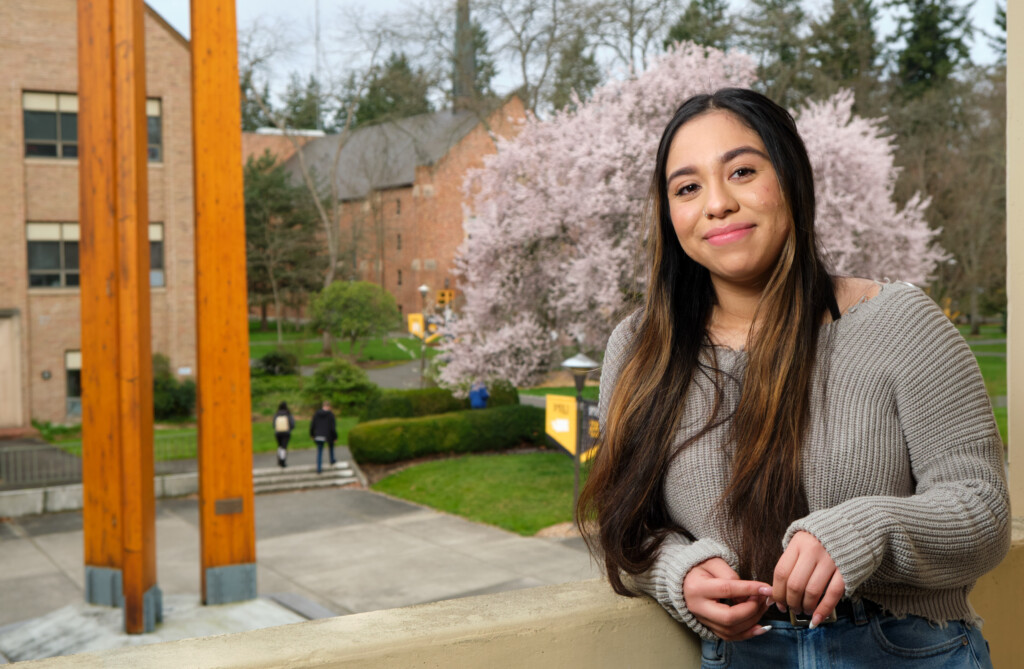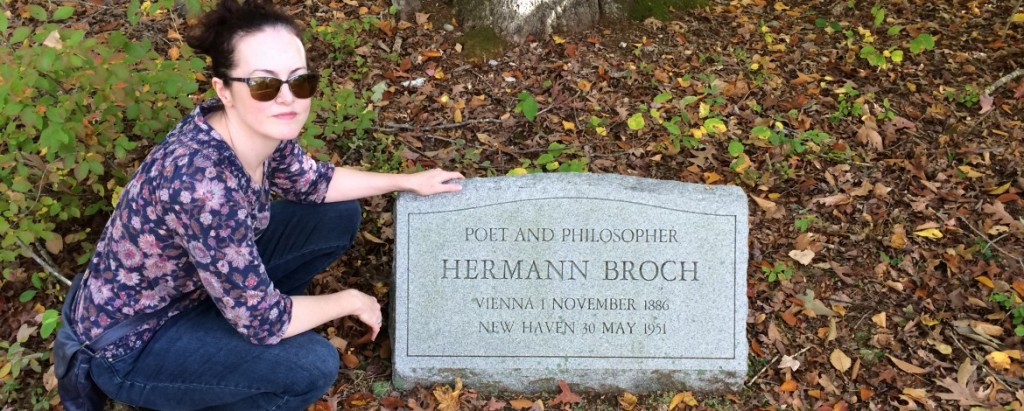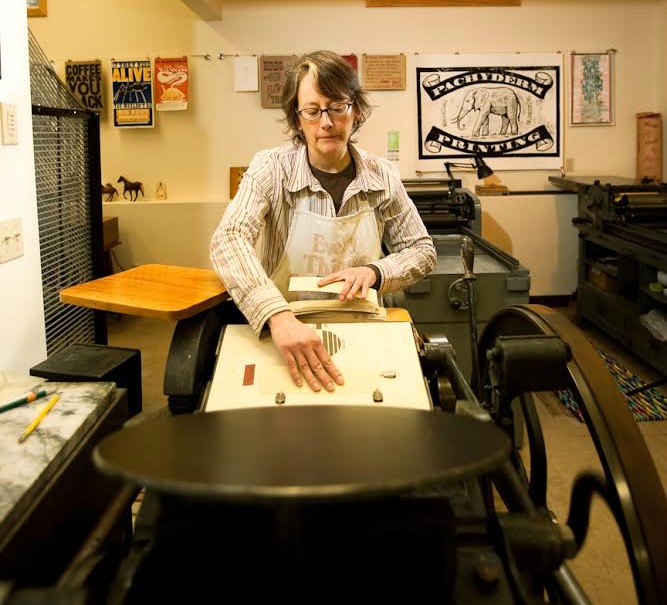Page 24 • (412 results in 0.053 seconds)
-
The Washington State Department of Health’s (DOH) Paid Summer 2025 Internship Program is open to all qualified Washington college and university students as a learning and professional development opportunity to support your career growth! This program is designed for currently enrolled post-secondary students to apply…
health subject matter experts; leveraging new tools for public health informatics, innovation, and technology; supporting the broad activities in DOH’s prevention, health, and safety division; working on environmental public health and climate and health related programs activities; supporting DOH’s IT, HR, and fiscal teams; engaging in strategic planning, project management, or other administrative or programmatic roles; and much more. The DOH Summer 2025 Internship Program runs from June 16, 2025
-
Electrochemistry underlies technologies critical to avert the worst effects of climate change. Get the knowledge and training needed to help address the world’s biggest challenges! Chemistry, physics, engineering are all appropriate backgrounds – each brings unique complementary skill sets. Requirements: Passion for team-driven science and technology…
accelerated coursework (including foundational theory, and team-based applied laboratory work, click on the links in the table below for syllabi) and professional development (leadership, project management, interview skills, team integration) coupled with a 9-month paid internship in industry or national laboratory (2021 average annualized compensation was $75,000, with all students landing internships). The internships placements can be anywhere in the world, although we currently focusing on US-based
-
The Washington State Department of Health’s (DOH) Paid Summer 2025 Internship Program is open to all qualified Washington college and university students as a learning and professional development opportunity to support your career growth! This program is designed for currently enrolled post-secondary students to apply…
epidemiologists and other public health subject matter experts; leveraging new tools for public health informatics, innovation, and technology; supporting the broad activities in DOH’s prevention, health, and safety division; working on environmental public health and climate and health related programs activities; supporting DOH’s IT, HR, and fiscal teams; engaging in strategic planning, project management, or other administrative or programmatic roles; and much more. The DOH Summer 2025 Internship Program
-

TACOMA, WASH. (April 11, 2019) — Pacific Lutheran University is honored to announce that Michelle Long ‘85, who is a vice chair on PLU’s Board of Regents and a longtime member of our Lute family, will help celebrate this year’s graduates graduating seniors as the…
chemistry. “I got my first chemistry set when I was 9 years old,” Long said. “It was an opportunity for me to carry that learning further, because I also enjoyed math and science as a whole.”Degree in hand, she began working for Texaco Refining and Marketing in 1988 — beginning a more than 30-year career in the industry. Long has had roles of increasing responsibility in areas of manufacturing and processes improvement. This led to her developing expertise in supply chain management for alternative
-

He was working by age 8, picking cherries and apples under the Yakima Valley sun. In the spring he worked as a smudger. He’d sleep overnight in an orchard and when the alarms rang he’d sprint to light the smudge pots that warmed the trees…
management team to look at the old challenges with new eyes. “I think the best innovation isn’t when you set out, intentionally, to be innovative or to be different,” he says. “It’s really about having a clear mind, being able to think about a problem without the restraints of traditional convention or the past.” Emboldened by Belton’s encouragement and the recent success of the 253 PLU Bound Scholarship, staff and faculty leaders began to bring new ideas forward that would bolster the university’s
-

Sarah Saavedra ’22 is a social work major with a minor in psychology and a certificate in Peace Corps Prep. The Auburn resident is the first in her family to go to college. She credits her many scholarships for navigating college as a first-year student.…
the same from a macro level. 9. As you look back on your time at PLU, what have you enjoyed most? I truly enjoyed creating a professional relationship with the professors and other faculty. It definitely was an amazing experience to have, and it will be something I miss as I progress through life! 10. When you hear the phrase “Lutes Open Doors,” what does that mean to you? Figuratively, it means that we are kind and inclusive to all individuals! Literally, I believe it means that we are open to
-

SPANAWAY, Wash. (June 25, 2015)— On the grassy fields outside of the Sprinker Recreation Center at 9:30 a.m. the temperature has already climbed to the mid-80’s. Day two of Success Soccer Camp has begun, and over 200 campers ages 6-17 are already enthusiastically working up…
to imagine they won’t. Plus, the top-of-the-line soccer ball and T-shirt that all campers receive thanks to Hacker’s USA Soccer-forged relationship with Nike can surely only help. Read Previous PLU Alumna Named Western Washington’s “New Journalist of the Year” Read Next School of Business Faculty Member Elected President of CFA Society Seattle COMMENTS*Note: All comments are moderated If the comments don't appear for you, you might have ad blocker enabled or are currently browsing in a "private
-

Occasionally, we are fortunate enough to find things that are more exciting than what we are searching for. This is certainly true for Dr. Jen Jenkins, Associate Professor of German in the Languages and Literature Department at Pacific Lutheran University. Dr. Jenkins spent the 2016-2017…
had his fair share of flaws, especially concerning his romantic life. “Hermann Broch was a complicated man,” Dr. Jenkins said. “He certainly was not an angel. He did have high ethical standards that he set for himself in terms of doing things for other people, but he was kind of a serial womanizer. He was not built to be in a relationship with one person.” Dr. Jenkins was awarded the Hermann Broch Fellowship by the Beinecke Rare Book & Manuscript Library at Yale University. For the entire month of
-
About: We’re an early stage startup company developing eco-friendly and bio-renewable surfactant chemicals for consumer products, such as laundry detergents and personal care products. Sironix has invented and developed a new surfactant molecule that will make our consumer products work better and benefit our environment.…
searching for applicants who can take on the task of leading our industry to a more responsible and safer future! About you: An intern at Sironix Renewables is joining the forefront of green chemistry, bio-renewables, and product development. You will be working directly with Sironix R&D experts to develop new surfactants and develop catalytic chemistries for scale-up and manufacturing. Tasks require management of simultaneous research projects, effective communication with collaborators, and a
-

Jessica Spring Will Accept AMOCAT Award—and Exhibit Her Work—in Tacoma Oct. 2 By Taylor Lunka ’15 PLU Marketing & Communications Student Worker Pacific Lutheran University resident artist Jessica Spring has been selected to receive an impressive AMOCAT award from the Tacoma Arts Commission. Every year, the…
management, risk taking and, most of all, patience.”Spring also works at Springtide Press, runs the Elliott Press at PLU and is part of the creative duo the Dead Feminists broadsides, a series of letterpress prints highlighting historical feminists. Her work is included in collections around the globe. Spring is currently taking a year of absence from PLU and plans to return in Fall 2015. Along with her fellow award recipients, Spring will be honored at the annual Tacoma Arts Month Opening Party, which
Do you have any feedback for us? If so, feel free to use our Feedback Form.


